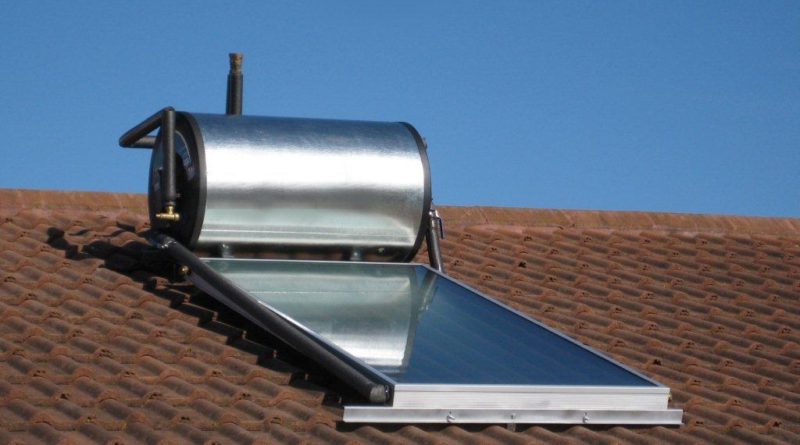Using Solar Water Heaters to save money and a bit of the planet
Solar water heaters are an ideal way for you to save money on your home’s heating bills. Since the price of traditional energy products such as electricity, gas, propane and oil are always increasing, there is little doubt that every homeowner would not like to take full advantage of solar powered water heaters. Understanding what they are and how they work is necessary to knowing if they may be a choice for you.
A solar water heater is a heater that is used to heat the water for a home through the use of the sun’s energy. In a traditional home setting, either electricity or gas is used to heat the water used. Instead of using these fuels, the system will take the energy from the sun and store it or use it depending on need. In fact, when they are installed, maintained and used properly, these types of heaters are more economical choices over the other heating options including electricity, dedicated heat pumps and heat recovery units. In short, these will save you a lot of money in the long run.
One of the areas of the world that uses them quite a bit is Florida. There, with all the sun’s glory beaming down on individuals, it makes good sense to try out the use of solar water heaters. There, there are three different types of systems in use. They are either pumped, integral collector stores also known as ICS, or they are thermo siphon.
How Does It Work?
The direct circulation system puts it all into play. It takes potable water that is within the water storage and circulates it from the collectors into the tank. The solar collector is the part that does most of the work. It is usually a metal box with insulation as well as a black absorber plate. This plate collects the solar radiation from the sun and then heats the water within the tank. It is all regulated by an electronic controller.
In the ICS the solar water storage system is actually built into the collector. Water that is in the collector housing is then heated by the sun and delivered by the city or well water pressure to an auxiliary tank. Or, it can be directed right where it needs to be used. Also important to note is that these auxiliary tanks will also contain non solar back up heating systems as well.
Lastly, there is the thermo siphon solar water heating system. In this type of solar water heaters, the system is mounted above the collector to provide for gravity to play its role in the flow of the water. The hot water rises through piping in the collector. Cold water (heavier water therefore) is at the lowest point in the system. The hotter water rises inside the tank. In this system as well as in the ICS, there is no use of pumps and no controllers. Water is always flowing through the collector as well.
The Money Question
Probably the most important question that can be asked is just how much money can be saved when a solar water heater is used. It is important to note that these heaters will vary in their abilities as well as in their cost effectiveness. Everyone’s needs are different and the climate can play a role as well. How much hot water do you use? What size storage tank will you use? What is the price and the type of the backup water heating system that you will use? In a typical setting, though, a seventy gallon per day family can save about $400 per year of electricity if the electricity costs ten cents per kilowatt hour. This is about 50% – 85% of the hot water portion of your monthly energy bill. You can save more if you do not use a backup system, but this is not necessarily something you will want to do.
Through the use of solar water heaters, families around the world are saving hundreds of dollars per year on heating costs. And, when it boils down to which is the better type of fuel to use to heat water in your home, the cheapest and the most environmentally conscious type is the best. In this case, that happens to be the solar water heaters on the market today.

